Del Torchio: “Free, with a life to rebuild”
Rolando’s return home. “I saw terrible things in the jungle. Now I’m safe, and I think about those who are still down there.”
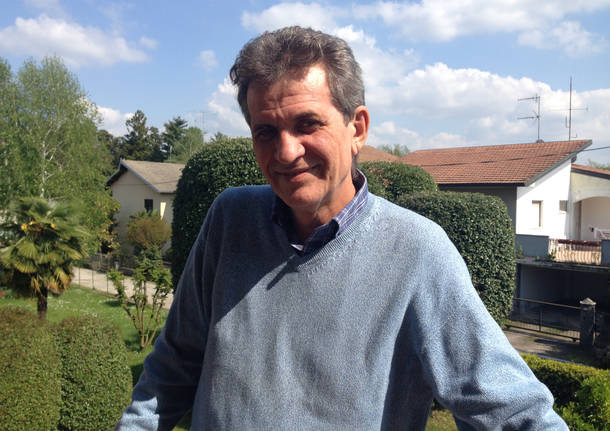
“My life ended on 7 October. Now I have to restart and rebuild, and it’s not easy.” Kidnapping is one of the cruellest and most heinous crimes a man can suffer. Rolando Del Torchio, who was kidnapped by Islamic terrorists of the Abu Sayyaf Group, and released on 8 April, after six months of captivity in the Philippine jungle, can speak from experience.
When he was released, he was physically and emotionally exhausted. What separates the all skin and bone figure of today from the photograph of last year is almost 40 kg, and even Rolando hardly recognises himself in the mirror. But he is still the same strong person, who has had to face changes, threats and difficulties in his life. He is strong, but frail, at the same time.
«I’m reasonably well … I’m trying to overcome the trauma caused by what I went through. I can’t sleep, but when I wake up at dawn, I can still see the tent in the jungle where I was held. I’m also trying to change the habits I was forced to adopt. I’m safe, but it isn’t all over. The thought for the people who are still in rebel hands is constant. It makes me suffer a lot to think about them, about the conditions they’re being held in, and the psychological mechanisms used to keep the fear threshold high».
Rolando made it out, but the burden of suffering, fear and despair that he suffered is an invisible presence. “I always said told myself, ‘Rolando, don’t give up, you have to make it, don’t give up,’ even in the most difficult moments. Near the end, a few days before I was released, I was exhausted and resigned, I would have died in order to be free. My faith? It helped me a lot, my type of faith,” he smiled. “I cried, prayed, talked to God, and even argued. I told him, ‘You can’t stand by in silence, you have to do something, you can’t let me die here.’ I was desperate, but I also felt that behind all that was happening to me, there was a great director. Now I’m free, and I’m even more convinced».
The former missionary, who had recently become a restaurant owner in Dipolog, Ur Choice Café, is not like anyone else. Undoubtedly, he was chosen for this reason. «They still thought of me as a priest and thought I had gone there to fight Islam. They had come to this idea about me, and I think this is the reason that led them to kidnap me». Rolando did a lot for the people he met in the Philippines, and not only as a priest.
In Angera, those who knew him described him as unselfish, courageous and a good man. So, it is no coincidence that he is remembered like this in the places he has lived. During the kidnapping, on one wall of the cathedral in the Philippine city, there was a sign that read “Rolando is our son”. This strong message, and the courage of his employees, who, after two days, reopened his restaurant, awaiting his return, says a lot about the affection the local people have for this westerner, who did not hesitate to help them and give work to unmarried mothers and to women in difficulty.
On the other side of the world, in Italy, people prayed, and Rolando is moved when he thinks about the love and the closeness of the people of his hometown. «Thank you is not enough to express how I feel about the community of Angera. I appreciated the messages of closeness, but also the discretion and the respect for my desire to spend these days with my family. I missed them a lot and now I need to be with them».
Rolando never raises his voice, even when he speaks about his kidnappers. «They’re intoxicated by their religion, and they live in an environment of death. I spent six months in that environment of death. There were weapons around me, there was an arrogant way to fight war, to use them and to shoot. My kidnappers were of all ages, even children. When they’re eleven years old, they already have weapons in their hands. It’s frightening to see what I saw. The older ones spent their time telling each other about their guerrilla activities and watching ISIS videos. I felt a lot of anger inside. I wondered, “What right have you got to keep me here, and decide on my life. No God can ask this of you, can want this. I thought a lot about the prisoners of Nazism, even when I was back home. I think they must have asked themselves the same things».
Listening to Rolando, to his choice of memories and his measured words, you get the impression that even a tragedy like this cannot change the “good man” that relatives and acquaintances described during his days of imprisonment. Neither anger nor rancour has a prominent role in his tales. «Before putting me on the bus that brought me to freedom, one of my kidnappers said to me, ‘You are a good man. Sorry if I offended you and used cruel words with you”».

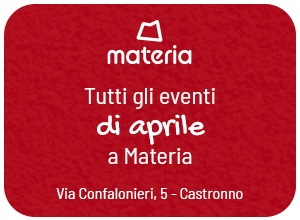
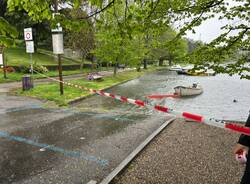
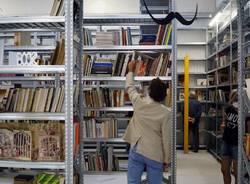



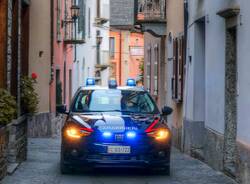


Accedi o registrati per commentare questo articolo.
L'email è richiesta ma non verrà mostrata ai visitatori. Il contenuto di questo commento esprime il pensiero dell'autore e non rappresenta la linea editoriale di VareseNews.it, che rimane autonoma e indipendente. I messaggi inclusi nei commenti non sono testi giornalistici, ma post inviati dai singoli lettori che possono essere automaticamente pubblicati senza filtro preventivo. I commenti che includano uno o più link a siti esterni verranno rimossi in automatico dal sistema.